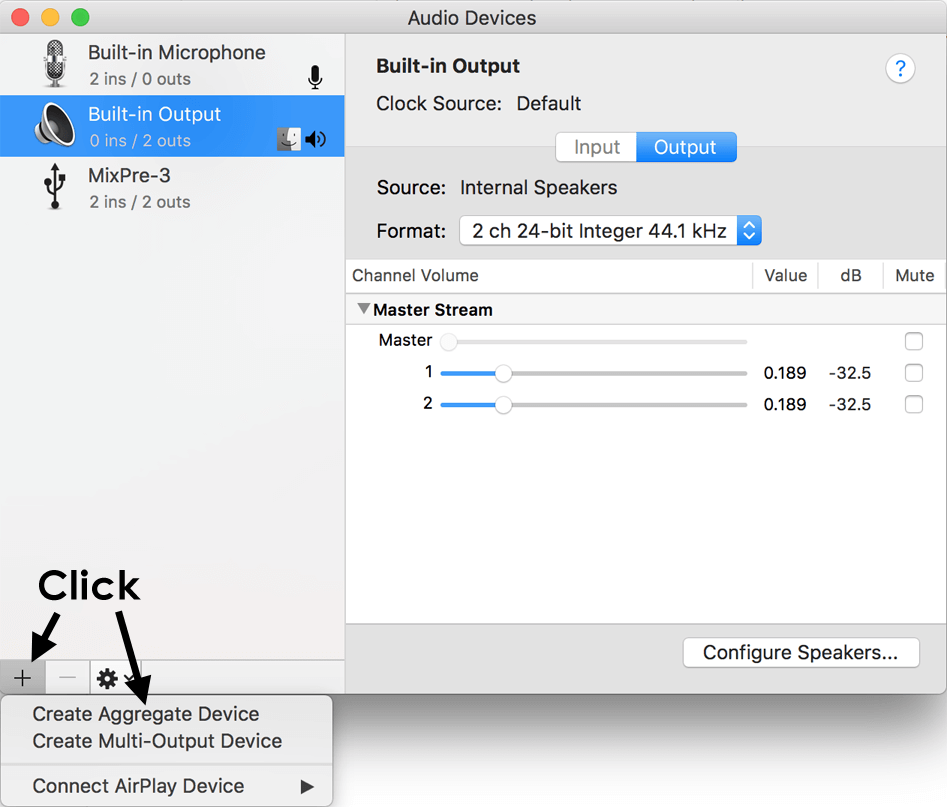
Similar settings can be set in earlier versions of Visual Studio.ĥ) Open Project -> portaudio Properties and select "Configuration Properties" in the tree view.Ħ) Select "all configurations" in the "Configurations" combo box above. The steps below describe settings for recent versions of Visual Studio. The sln file contains four configurations: Win32 and Win64 in both Release and Debug variants.įor Visual Studio 2005, Visual C++ 2008 Express Edition or Visual Studio 2010 Click "Finish" if a conversion wizard appears. Please see src/host/asio/ASIO-README.txt for the fix.ģ) If you have Visual Studio 6.0, 7.0(VC.NET/2001) or 7.1(VC.2003), open portaudio.dsp and convert if needed.Ĥ) If you have Visual Studio 2005, Visual C++ 2008 Express Edition or Visual Studio 2010, open the portaudio.sln file located in msvc Doing so will open Visual Studio or Visual C++.
MAKE RAPIDCOMPOSER WORK WITHOUT ASIO PATCH
To work around this issue you will need to patch the ASIO SDK. Note: There's an array deletion bug in some versions of the ASIO SDK on Windows.

To use the Visual Studio projects mentioned below, copy the entire ASIOSDK2 folder into src\hostapi\asio Rename it from ASIOSDK2 to ASIOSDK. The SDK is free, but you will need to set up a developer account with Steinberg. To build with ASIO support, download the ASIO SDK from Steinberg at. If you get an error saying dsound.h or dsconf.h is missing, you will need to add an extra include path to the Visual Studio project file referencing the DirectX includes directory.Ģ) To build without ASIO (or other host API) see the "Building without ASIO support" section below. If you installed the DirectX SDK then the DirectSound libraries and header files should be found automatically by Visual Studio/Visual C++.
MAKE RAPIDCOMPOSER WORK WITHOUT ASIO INSTALL
Download and install the DirectX SDK from to obtain these files. These instructions have been observed to succeed using Visual Studio 2010 as well.ġ) Building PortAudio with DirectSound support requires the files dsound.h and dsconf.h. If you do not already have a C++ development environment, simply download and install. PortAudio can be compiled using Visual C++ Express Edition which is available free from Microsoft. The resulting dll file may contain all five current win32 PortAudio APIs: MME, DirectSound, WASAPI, WDM/KS and ASIO, depending on the preprocessor definitions set in step 9 below. You can also use the cmake build system.īelow is a list of steps to build PortAudio into a dll and lib file. NOTE:This page is for building PortAudio using the legacy MSVC project files located in the msvc// directory.


 0 kommentar(er)
0 kommentar(er)
